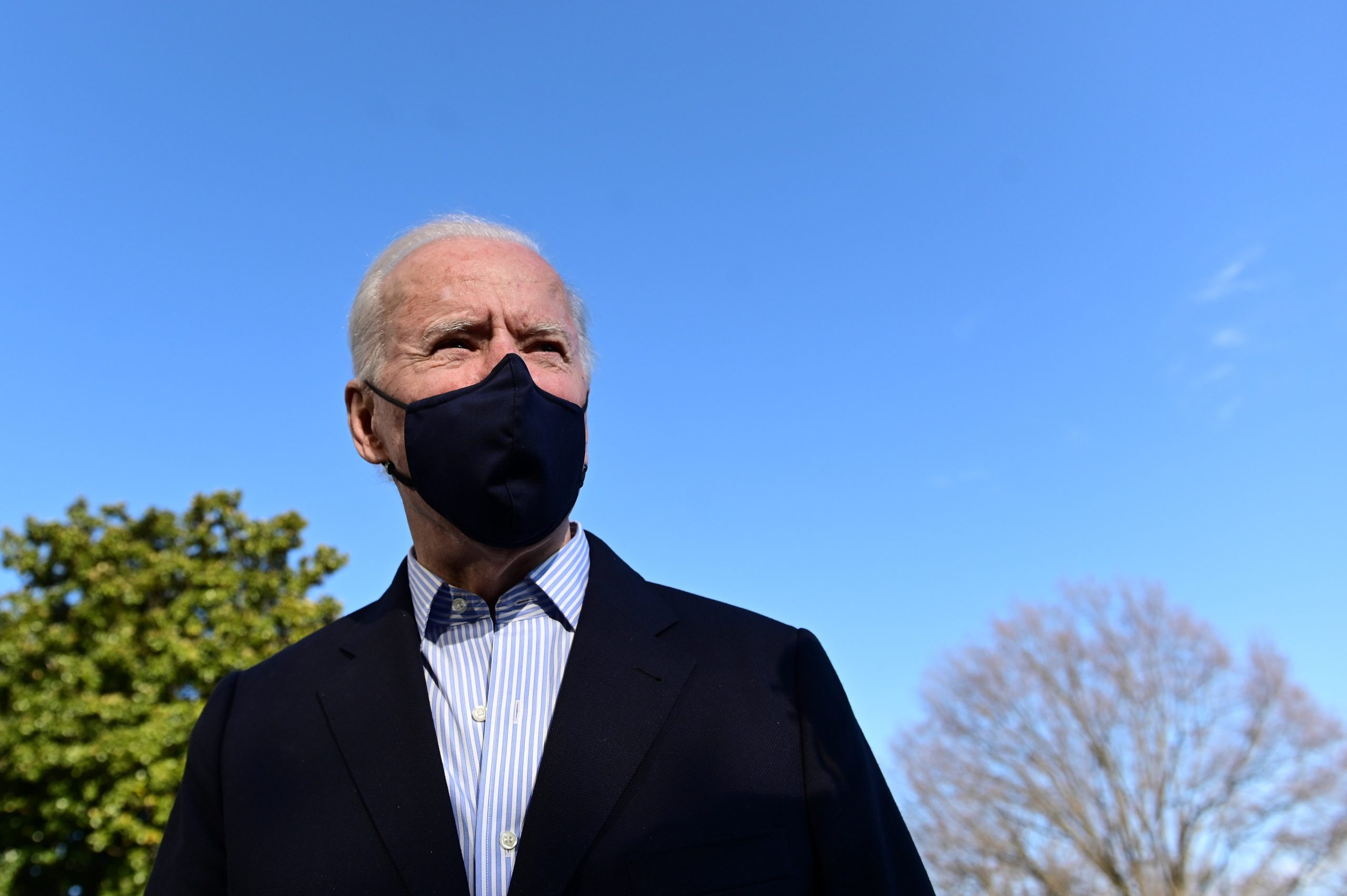Former President Barack Obama’s undersecretary for the Department of Energy, Steven Koonin, said that science does not support the “hysteria” of the Biden administration’s stance on the global “climate crisis.”
“What I realized, is that, although you hear people talking about ‘we’re going to believe in the science, the science is settled, we’ve got an existential crisis,'” Koonin told Fox News on Thursday.
“When you actually read the science, it doesn’t support that kind of hysteria at all.”
The physicist and New York University professor was responding to President Joe Biden’s speech Thursday morning on the first day of the virtual Leaders Summit on Climate.
During his speech, Biden said that scientists have noted that the current decade will be crucial to address the climate crisis and he wants to listen to the science.
Koonin explained that the assessment reports from the United Nations’ Intergovernmental Panel on Climate Change (IPCC) and the United States’ National Climate Assessment actually don’t support drastic changes to stop climate change, as Biden asserted.
Although temperatures are rising globally and have risen by about 1.8 degrees Fahrenheit in the last century, Koonin said that humans have made advances like expanding food sources and accessing electricity.
“Eventually we will probably need to do something about this, but the scope and scale of what the Biden administration proposed for the U.S., I think is just not there in the data. It’s not there in the science,” he said.
“I prefer to see us take a much more measured and thoughtful approach to doing this.”
According to a fact sheet from the White House, Biden made a “nationally determined contribution” pledge Thursday to reduce greenhouse gas emissions by 50 to 52 percent by 2030.
Biden plans to make this possible by advancing “environmental justice” and expanding job opportunities.
“Creating jobs and tackling climate change go hand in hand — empowering the U.S. to build more resilient infrastructure, expand access to clean air and drinking water, spur American technological innovations, and create good-paying, union jobs along the way,” the fact sheet noted.
Koonin argued that these lofty goals may not be attainable.
“The ambition to have a high percent of weather-dependent renewables on the electrical grid is something I would question,” he said.
“The wind doesn’t blow all the time, the sun doesn’t shine all the time. And you’ve got to have backup systems for when that happens.”
Koonin advised exploring geoengineering options or creating a better understanding of how to pull carbon dioxide out of the air.
“I think we need to understand them better,” he said.
This article appeared originally on The Western Journal.

























 Continue with Google
Continue with Google